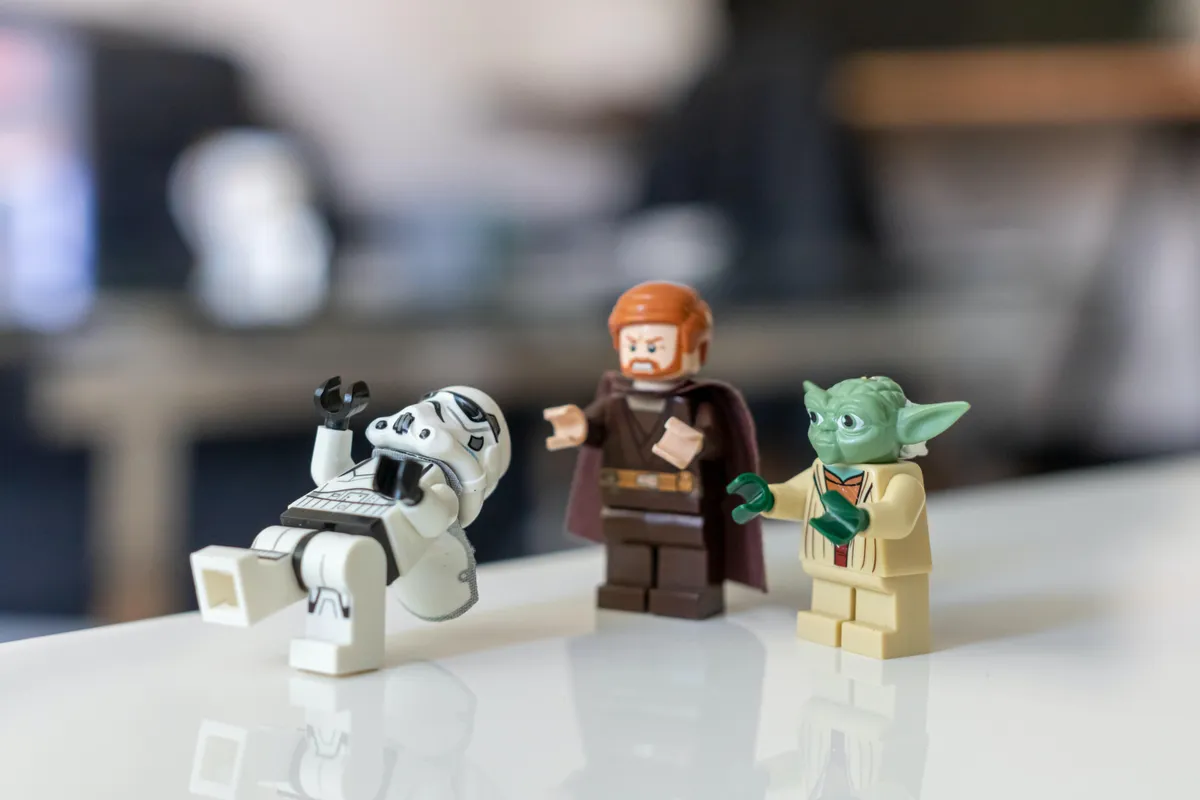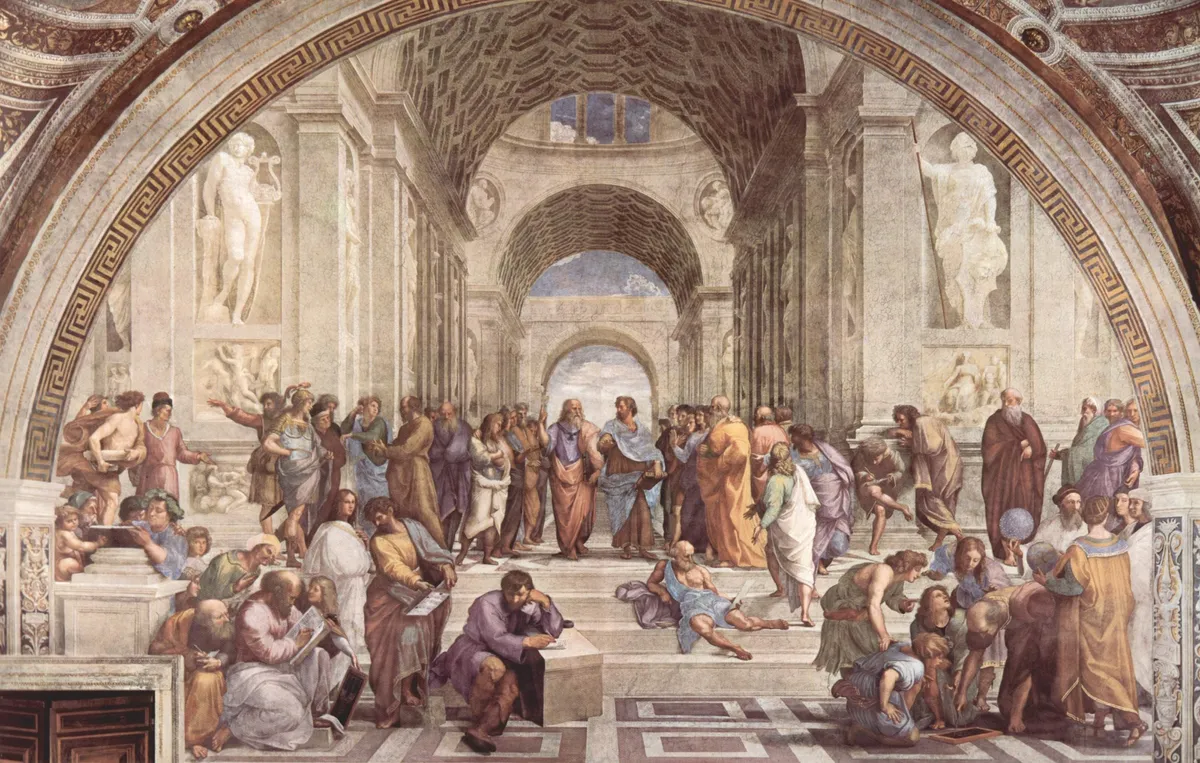Top 9 Influential People Who Succeeded Because Of Their Mentors
The role of a mentor as a catalyst for success is becoming increasingly clear. But did you know that many of the most influential figures in recent history owe their success to a mentor?
We’ve rounded up a list of the top 9 most influential people who would not have succeeded were it not for their mentors:
Mark Zuckerberg
Facebook founder and CEO, Mark Zuckerberg, started to receive mentoring from Apple chairman, CEO, and co-founder, Steve Jobs, while Facebook was experiencing a rough patch in the company’s early days.
Zuckerberg was invited to Jobs’ temple in India to reflect and reconnect with his vision for the company, and the pair continued to have a mentor-mentee relationship and friendship until Jobs’ passing in 2011.
When Jobs’ passed away, Zuckerberg took to Facebook to express his fond admiration for Jobs, writing “thank you for being a mentor and a friend. Thanks for showing that what you build can change the world.”
Bill Gates
Another big name in the technology industry, co-founder of Microsoft, Bill Gates, also credits the scale of his success to the help he received from his friend and mentor, business tycoon, Warren Buffet.
In 2015, Gates wrote of Buffet in his own blog, “Warren isn’t just a great friend. He is also an amazing mentor. I have been learning from him since the day we met in 1991.”
Richard Branson
Founder of Virgin Group and now one of the most successful businessmen of all time, Richard Branson, openly speaks of his views on the importance of mentorship. His most influential mentor, Sir Freddie Laker, was instrumental in helping Branson’s airline company reach new heights in its earlier years.
Branson happily admits, “It's always good to have a helping hand at the start. I wouldn't have got anywhere in the airline industry without the mentorship of Sir Freddie Laker.”
J. J. Abrams
When director J. J. Abrams won a young filmmaker award in the early 80s aged only 16, he was picked up by Speilberg to help clean up some of his old movies and transfer them to tape.
Suffice to say, Spielberg was impressed by Abrams work and a long and prosperous relationship ensued. With the ongoing support from Spielberg as his mentor, Abrams went on to direct such blockbusters as Mission: Impossible III, Cloverfield, and Star Trek.
In 2010, the pair worked together on science thriller Super 8, and Abrams then became the leading force behind Star Wars: Episode VII - The Force Awakens.
He is now one of the highest-grossing directors in the world, and is considered by many to be the new Steven Spielberg. It seems he was the chosen one.

Lady Gaga
Proving that mentoring is not all about suits, ties, and business plans, Lady Gaga’s relationship with Elton John is an example of how a mentor can offer invaluable emotional support.
Having long struggled with self-acceptance following trauma from her past, Gaga has expressed that Elton John has played and continues to play a crucial role in her recovery, and her success:
“Elton’s always really challenged me to take care of my artistry and to really take care of myself.”
Oprah Winfrey
Now a self-confessed mentor to women all over the world, Oprah did not get to where she is today without her fair share of help.
Oprah believes mentorship is necessary for anyone looking to fulfill their potential, and she has sought the wisdom of many mentors throughout her personal and professional life.
In a 2002 interview she said, “I don’t think anybody makes it in the world without some form of mentorship. Nobody makes it alone.”
Barack Obama
You may not know that before they became an item, Barack Obama and Michelle Robinson, as she was then known, were co-workers. Michelle was Obama’s mentor at the firm in which they both worked.
Barack Obama speaks very openly and highly about the impact that Michelle has had on his life, telling Oprah in 2011, “I couldn't have done anything that I've done without Michelle.”
He also said in an interview with Vogue, "Michelle’s like Beyoncé in that song, ‘Let me upgrade ya!’ She upgraded me.”
Indra Nooyi
Like Oprah, CEO of PepsiCo, Indra Nooyi, is another influential woman who sings the praises of the many mentors she has had throughout her life.
Nooyi is a massive advocate of mentoring, and says, “If I hadn’t had mentors, I wouldn’t be here today. I’m a product of great mentoring, great coaching… Coaches or mentors are very important.”
Plato
If you think mentoring and coaching are new concepts, you’d be wrong. Evidence of mentoring dates back to Ancient Greece and beyond. Even Plato had a mentor.
It is understood that Socrates was a mentor to Plato, and a huge influence on Plato’s revolutionary work in Greek philosophy. Later, this wisdom was passed along even further when Plato mentored Aristotle for many years in Athens.
Socrates, Plato, and Aristotle are the pillars of Greek philosophy and have informed the very foundations of Western philosophy that we know today.
The world as we know it would not exist were it not for the all-important mentor-mentee relationship.



